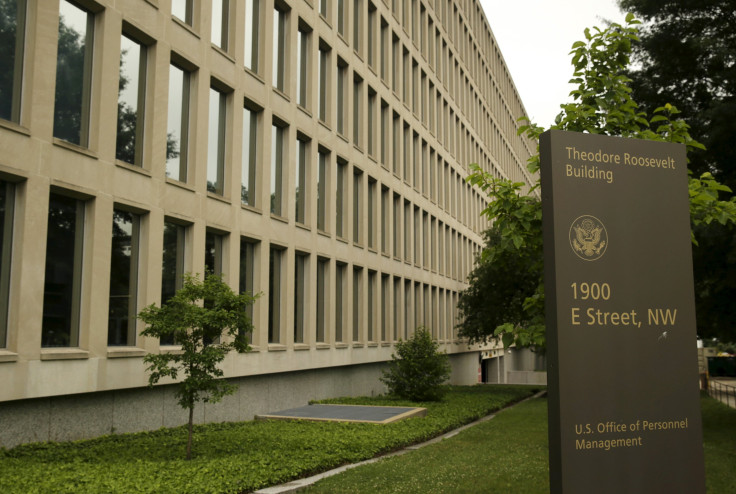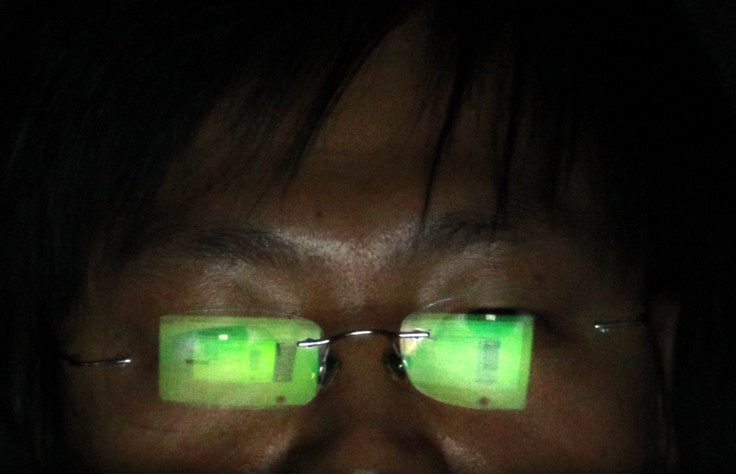CIA Mulls Pulling US Spies Out Of China After Massive OPM Hack Likely Compromised American Identities: Report

Chinese national-security officials may be using the data on American government employees collected during the U.S. Office of Personnel Management hack to identify spies in Beijing, according to a new report. The OPM hack compromised data on an estimated 21.5 million past and present government workers, including an unknown number of undercover spies who could soon spend the rest of their careers behind desks in Washington.
When it was first revealed last month that Chinese hackers spent 18 months lurking inside unsophisticated computer networks at the OPM, the Obama administration denied any data on American intelligence officials was at risk. Now, though, U.S. intelligence leaders and congressional officials have admitted there’s serious concern throughout Washington about what the Chinese government might find if it combines data obtained during the OPM hack with information gathered through other breaches. The CIA is especially worried about American spies working in Beijing with diplomatic cover, sources told the New York Times.
“The information that was exfiltrated was valuable in its own right,” Rep. Adam Schiff, D-Calif., the top Democrat on the House Intelligence Committee, told the newspaper. “It’s even more compromising when it is used in combination with other information they may hold. It may take years before we’re aware of the full extent of the damage.”
The Chinese government has consistently denied any responsibility for the OPM hack, although it’s been widely accepted in U.S. cybersecurity and government circles that Beijing was behind the massive data breach. The OPM hack is uniquely damaging because it showed that American security systems failed to protect millions of background-check forms used in part for security clearances. Millions of those forms are almost certainly now in Chinese hands, giving their country a good read about which American government workers have financial problems, mental-health issues, substance-abuse histories and other traits that could be exploited.

The rising concern coincides with the FBI’s warning that Chinese intelligence agencies are “as aggressive now as they’ve ever been” when it comes to stealing U.S. trade secrets. The bureau is expected to released a report by the end of the year naming China, Iran and Russia as the nations that steal the most information from U.S. companies, according to the Daily Beast.
“The predominant threat we face right now is from China,” Assistant FBI Director Randall Coleman told the website, adding that corporate espionage by China increased by 53 percent over the past year.
© Copyright IBTimes 2025. All rights reserved.





















